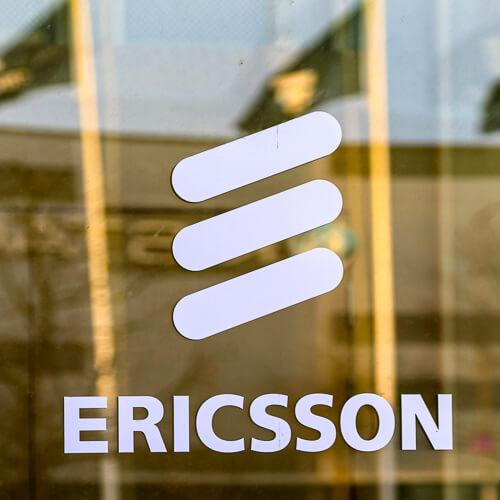Ericsson settles Samsung patent dispute with surprising speed
The two vendors sign a multi-year agreement and settle their dispute in under five months, although not without inflicting some pain on Ericsson.

Patent disputes are often characterized by the fact that they can drag on for years, as illustrated by Google's spat with Oracle over the use of Java code that took ten years to resolve.
It therefore comes as a refreshing change that Ericsson and Samsung have been able to resolve a recent lawsuit in what seems a very short period of time, although not without causing some damage to Ericsson's bottom line.
The matter all began in December last year, when the Swedish supplier accused the South Korean behemoth of not playing ball in the renewal of patent licenses by "violating contractual commitments to negotiate in good faith."
Figure 1:  On reflection: Patent disputes like the one leveled at Samsung by Ericsson are rarely resolved so quickly.
On reflection: Patent disputes like the one leveled at Samsung by Ericsson are rarely resolved so quickly.
(Source: Ericsson)
According to Ericsson, Samsung was not adhering to so-called FRAND (fair, reasonable and non-discriminatory) terms and it therefore filed against Samsung in Texas, where Ericsson has its US headquarters.
A happy ending...
Imagine everyone's surprise when Ericsson announced today that it has already reached a multi-year agreement with Samsung on global patent licenses between the two companies, including patents relating to all cellular technologies.
The cross-license agreement covers sales of network infrastructure and handsets from January 1, 2021. Furthermore, Ericsson and Samsung agreed to cooperate in the areas of open standardization and the creation of products and services for consumers and enterprises.
According to Ericsson, the settlement ends complaints filed by both companies before the United States International Trade Commission (USITC) "as well as the ongoing lawsuits in several countries and confirms the value of the strong patent portfolios of both companies."
The vendor said the details of the agreement, including how many years it covers, are confidential and will not be disclosed.
...with a sting in the tail
The patents spat has nevertheless already caused a substantial drop in the revenues Ericsson collects from licensing intellectual property, with a fall of 68% to just 800 million Swedish kroner (US$95 million) compared with the year-earlier period.
Ericsson had already warned that the licensing dispute with Samsung could hit quarterly profits.
Want to know more about 5G? Check out our dedicated 5G content channel here on Light Reading.
It said intellectual property rights (IPR) licensing revenues continue to be affected by several factors, "mainly expired patent license agreements pending renewal, geopolitical impact on the handset market, technology shift from 4G to 5G, and possible currency effects going forward."
The vendor now expects revenue from intellectual property rights to reach between SEK2 billion and SEK2.5 billion ($238 million to $297 million) in the second quarter, including the new agreement covering sales from January 1.
Ericsson said its IP portfolio includes more than 57,000 granted patents. It invests about SEK40 billion ($4.7 billion) a year in research and development.
More to come
A further patents battle is still simmering in the background, however. In February, Dutch operator KPN filed a patent infringement complaint against Ericsson – again, in a district court in Texas – over alleged infringements of five KPN patents. They apparently relate to various wireless network functions.
In a court filing, KPN said it had offered Ericsson licenses, but the offer wasn't taken up. At the time, Ericsson told Light Reading it was "aware of this patent-infringement complaint filed by KPN," before adding that "we refrain from making any further comments since this is an ongoing legal matter."
Related posts:
— Anne Morris, contributing editor, special to Light Reading
About the Author(s)
You May Also Like




.jpg?width=300&auto=webp&quality=80&disable=upscale)







